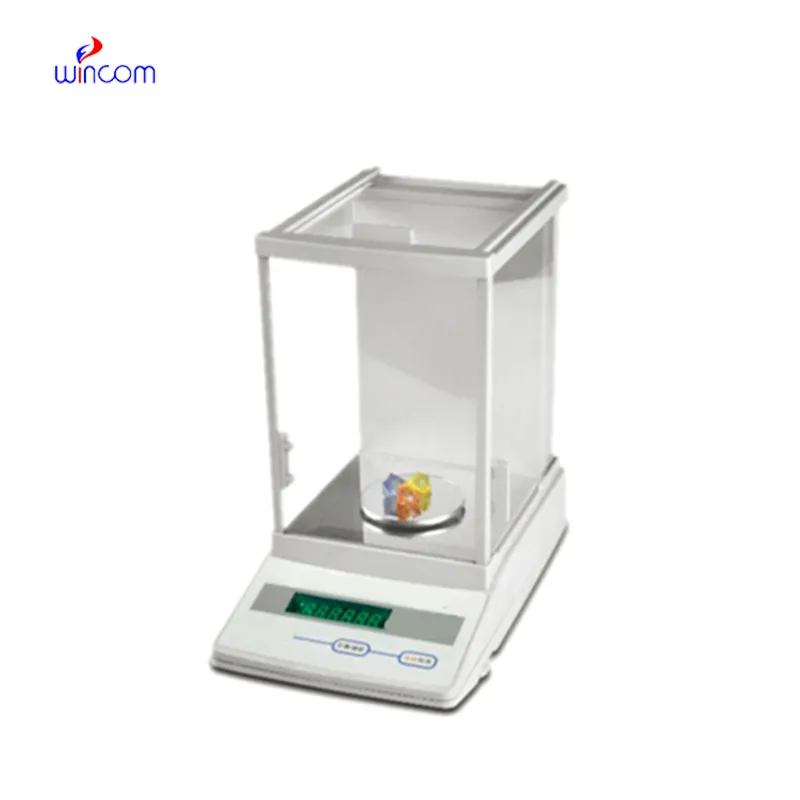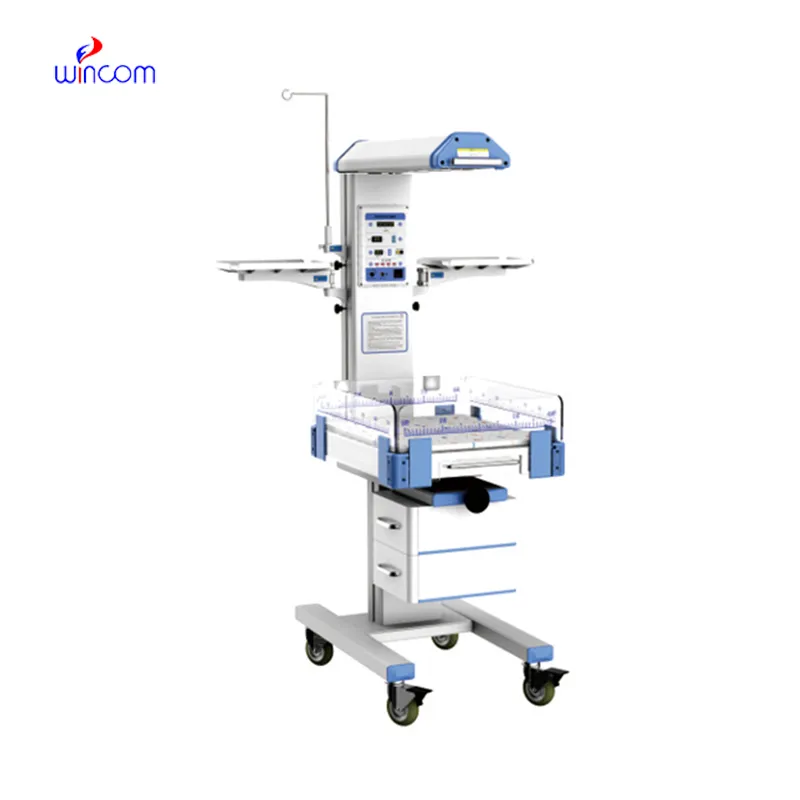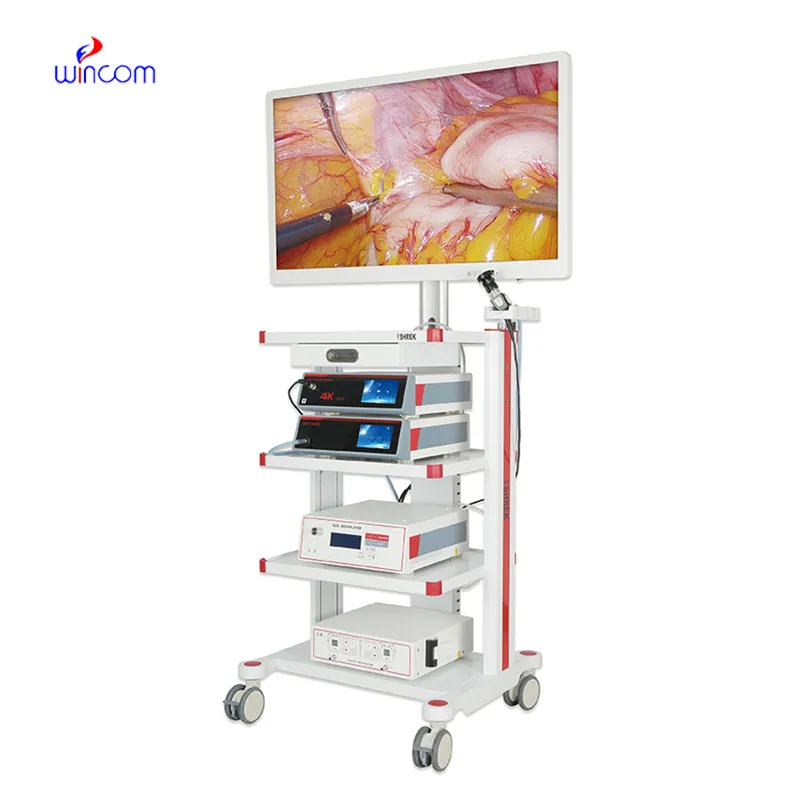
The mri machine weight limit combines ergonomics with advanced high-performance imaging technology to deliver best-in-class scanning performance. The open and wide-bore configurations of the mri machine weight limit improve patient access for mobility-compromised patients. The mri machine weight limit also comes equipped with real-time monitoring, which allows radiologists to view the quality of images in real-time during scanning.

The mri machine weight limit in pediatric radiology is employed to assess congenital illness and growth disorder. It provides an opportunity to perform imaging without radiation, and therefore, it is a perfect instrument to be utilized in children. The mri machine weight limit provides critical information on neurological, cardiac, and bone disorders at an early stage of growth.

The mri machine weight limit will move towards small, compact designs with improved patient comfort. AI systems will automatically position and set parameters, reducing the operator's workload. The mri machine weight limit will also include data analytics to personalize imaging protocols for anatomy and clinical needs.

Scheduled performance audits of the mri machine weight limit are critical to ensure image quality. Homogeneities of the magnetic field, radiofrequency calibration, and software releases need to be undertaken from time to time. The mri machine weight limit also need preventive maintenance to identify wear trends in cables and components at an early stage.
The mri machine weight limit is excellent at imaging soft tissue and has been a valuable asset in orthopedics, neurology, and oncology. Its magnets are able to create signals that are then reconstructed into precise anatomical images. The mri machine weight limit determines structural and functional disorders with unprecedented detail.
Q: What are the main components of an MRI machine? A: The main components include a superconducting magnet, radiofrequency coils, gradient coils, a patient table, and a computer system for image reconstruction. Q: Can MRI detect early signs of disease? A: Yes, MRI can identify early changes in tissues such as inflammation, lesions, and tumors, allowing for timely diagnosis and treatment planning. Q: Why is it important to stay still during an MRI scan? A: Movement during scanning can blur the images, making it harder to capture accurate details. Patients are asked to remain still to ensure sharp, diagnostic-quality images. Q: Are MRI scans painful or uncomfortable? A: MRI scans are painless, but some patients may experience discomfort from lying still or hearing loud scanning noises, which can be reduced using ear protection. Q: Can MRI be used for cardiac imaging? A: Yes, MRI is commonly used to evaluate heart function, blood flow, and structural abnormalities without invasive procedures or ionizing radiation.
I’ve used several microscopes before, but this one stands out for its sturdy design and smooth magnification control.
This ultrasound scanner has truly improved our workflow. The image resolution and portability make it a great addition to our clinic.
To protect the privacy of our buyers, only public service email domains like Gmail, Yahoo, and MSN will be displayed. Additionally, only a limited portion of the inquiry content will be shown.
Hello, I’m interested in your water bath for laboratory applications. Can you confirm the temperat...
I’m looking to purchase several microscopes for a research lab. Please let me know the price list ...
E-mail: [email protected]
Tel: +86-731-84176622
+86-731-84136655
Address: Rm.1507,Xinsancheng Plaza. No.58, Renmin Road(E),Changsha,Hunan,China